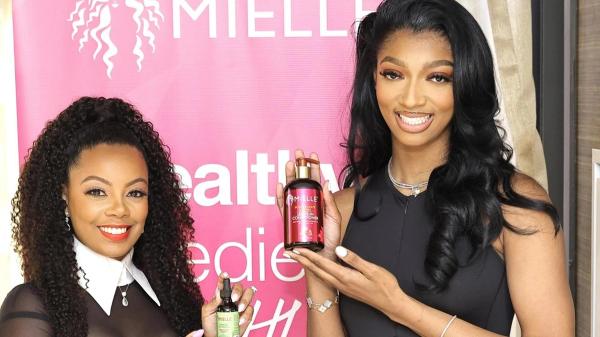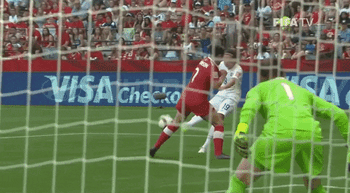Senators release draft of the College Athletes Protection and Compensation Act

The GIST: Democratic senators Richard Blumenthal and Cory Booker and Republican senator Jerry Moran released an early draft of the College Athletes Protection and Compensation Act yesterday. The 50-page bipartisan bill looks to regulate name, image, and likeness (NIL) through universal standards. It’s giving Elle Woods.
The details: Under the legislation, the NCAA would write and enforce NIL regulations itself. It also proposes the creation of the College Athletics Corporation, a 15-person board (including five current or recent student-athletes) charged with enforcing NIL rules, undertaking investigations, vetting potential NIL agents, and deciding punishments for violations.
- Additionally, the bill would guarantee medical care for at least two years after graduation and lifetime college scholarships. However, no mention of revenue sharing or athletes’ status as employees exists in the legislation.
The background: Ever since the NIL era began in 2021, business has been booming — an estimated $917M was spent in its first year. In year two, that number increased to $1.14B. Get your game on…get paid.
- NIL has not been met with cheers across the board, however. Some believe it hurts the competitive nature of college sports, while others (including current NCAA prez Charlie Baker) argue its lack of transparency sets athletes up for exploitation.
Zooming out: In addition to protecting all student-athletes after they finish school, the proposed bill preserves NIL’s positive influence on women’s sports. Collegiate women athletes receive a fraction of the total funds allocated to sports, but some athletes have been able to find individual financial success through brand endorsements and social media savvy.
- In the NIL era, women student-athletes’ sponsorship posts saw seven times (!!!) the engagement per deal compared those of male athletes. What? Like it’s hard.
- Still, athletes’ individual business success won’t fill the extreme financial gap between men’s and women’s sports programs at the collegiate level. Codifying NIL regulations into law is a clear positive for women athletes, but there’s still a long way to go.
Enjoying this article? Want more?

Sign up for The GIST and receive the latest women's sports business news straight to your inbox three times a week

